Below is the link to a website called Survivor Library… or How to Survive when the Technology Doesn’t. The website’s tagline is, “It’s not a library about survival; it’s a library for survivors.” One of the members of CORAC’s Crisis Scenarios Team received this link from a friend who is retired military, and the Team believed that we should make this link available to members of CORAC. This site contains a wealth of information that is easily accessible and free to print.
The books on the original website appear to be in the public domain, and many appear to have been written by experts in their respective fields. They may be downloaded, or the entire library may be purchased on a flash drive. As a disclaimer, neither the Crisis Scenarios team nor any other CORAC team endorses any particular book or resource made available in the original library (e.g. – the Health and Wellness team rejects and warns against the information in the “Medical – Hypnotism” section of the library). Use good judgment.
If you choose to download any particular book, it might be helpful to consider printing 2 pages per side, scaled up so as to make the print more legible. For example, the book “First Aid for Boys: A Manual for Boy Scouts 1917” is a 216-page PDF. If printed double-sided, two pages per side, at 190% scale, it will require only 54 sheets of paper.
EXCERPT FROM THE ROLE OF THE LIBARY:
“The subject of how to actually use the Library in a world that is rebuilding is one that comes up occasionally. Here’s my take on it…
Conditions:
Let’s assume an EMP has occurred. The actual event which caused a collapse could be any number of things with varying effects. The technological infrastructure is down. Some or all of it is damaged and unusable. Electrical power sources, if any, are purely local. The grid is gone and there are no sources for spare parts other than salvage or making them yourselves.
The population has been drastically reduced probably by as much as 80%-90%, conceivably even more, due to disease, hunger, dehydration, exposure and violence (though violence is actually the smallest factor).
The massive refugee migration of people seeking food and water and safety has ended. The immediate emergency of living through the collapse and its immediate aftermath has been achieved. The survivors have begun to come together to form communities/villages/towns.
Living through the immediate aftermath of a societal collapse is NOT the subject of the Library. There are literally thousands of sites devoted to “survival” skills, techniques, and tools. How to build a shelter. How to hide in the woods. How to store food for that emergency. How to collect edible plants. How to fight a running tactical battle with bandits. Which set of night vision goggles is best for the Zombie Apocalypse.
There’s a famous military saying: “Amateurs study tactics. Professionals study Logistics.”
One of the brutal realities of living through that kind of collapse is that the largest part of your survival will most likely come down to sheer chance. I don’t care how many guns you have, how much food you have stored, or how isolated and secure your bunker is.
If someone finds it and knows you have food they WILL take it. Fixed and isolated fortifications cannot stand. Individuals and small groups WILL fall if attacked.
The people who survive will survive as much by chance as by skills and planning. So don’t count on forming a community with a bunch of former Navy Seals, Army Rangers, and Marine Force Recon who can all make headshots at 50 yards, are Scout-Sniper qualified and who toughed it out like a post apocalypse novel.
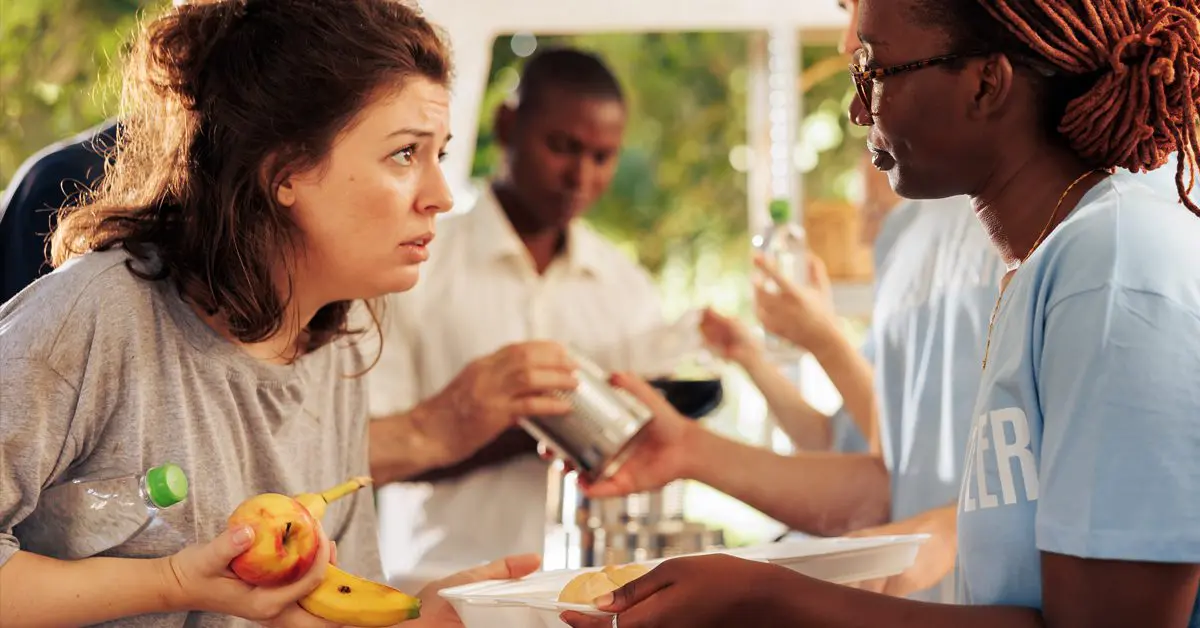
The next time you leave your house look at the first 50-100 people you see. It is people just like that THAT who will be the other survivors you will be living with.
Once the worst of it has passed, people will start having to plan for the long term. Not just the next hour or day or week, but next month, next year and the year after that.
The reality is that single families and lone individuals have little chance of long term survival. No individual or even a large family can master all of the skills required for long term survival beyond mere subsistence level. There is safety in numbers. There is security, socialization and the ability to have a wide variety of skills and capabilities, and most important, the ability to generate surpluses.
People will quickly begin to form communities. A few families getting together at first. The more successful groups like that will attract others and before long villages, towns and other forms of communities will form.”
–The Librarian at survivorlibrary.com
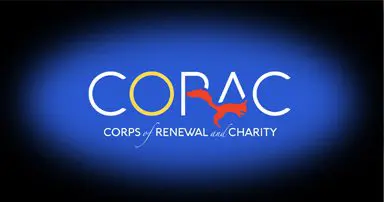

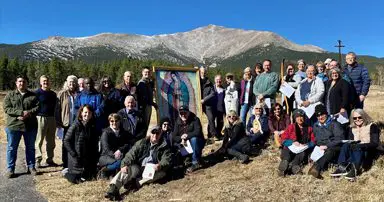

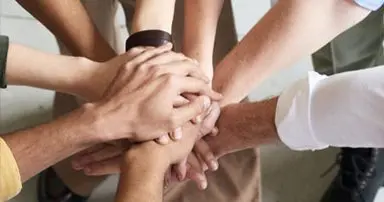



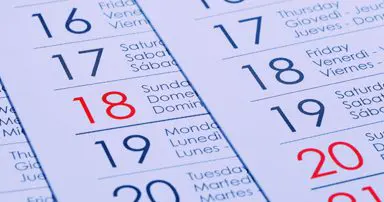
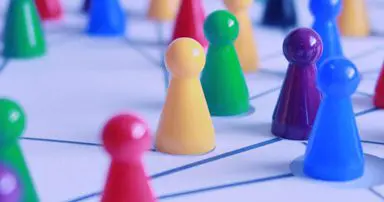














0 Comments